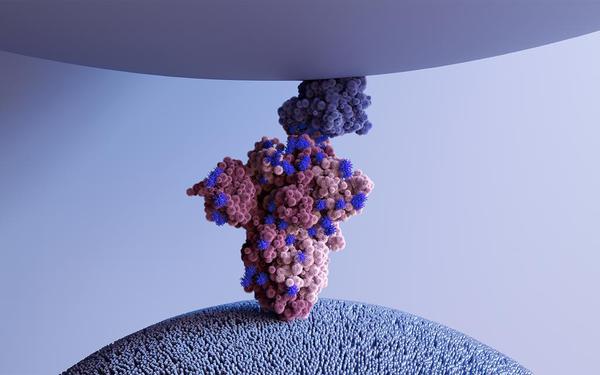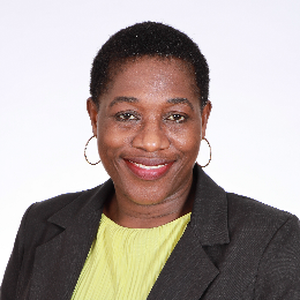


As a medical writer and scientific consultant, I leverage my passion for science, deep understanding of scientific and medical research, experience, and creativity to create compelling and audience-targeted content that adds value to my clients in the life sciences business.
After more than 12 years of working in academic research, I swapped my pipettes and lab coat for a keypad and laptop. I have passion and a real commitment to see science make an impact in society. Scientific communication, coupled with training other young scientists to make a similar transition is my avenue for realising this passion.
My specialisation is in the immunology, oncology, and infectious diseases therapeutic areas.
Contact me via email at tadokerar@gmail.com for quotes and availability.










